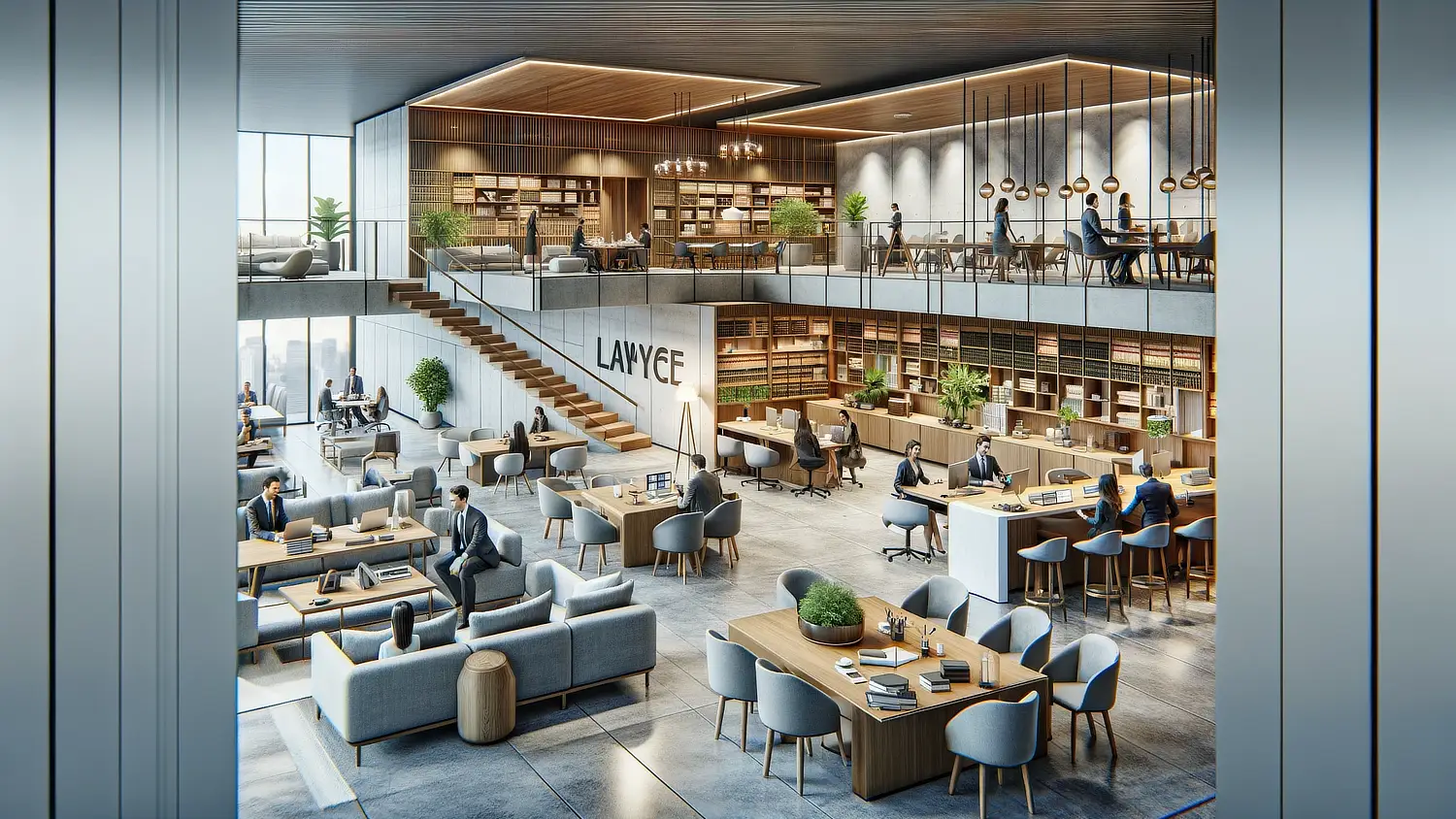As of 2023, there has been a significant shift in the working arrangements for lawyers in Australia, reflecting a broader global trend influenced by the COVID-19 pandemic. The legal profession, in particular, has seen a notable transformation. Lawyers have adapted to flexible and remote working arrangements, balancing their workloads with caregiving and other duties.
Technological advancements have played a key role in this shift, enabling law firms to adopt more flexible working policies. Many firms have also started moving away from traditional billable hour targets, acknowledging that long hours do not necessarily equate to productivity and success. This change is indicative of a broader cultural shift within the legal industry, particularly in light of the challenges posed by the pandemic.
Three key drivers for the new workplace experience include Inclusion, Flexibility, and Well-being. Law offices need spaces that cater to these needs.
- Community Spaces: A hub for collaboration and culture-building.
- Private Office: Evolving to support various work modes and personal expression.
- Conference Centre: Adapting to multifunctionality, hybrid work, and brand reflection.
- Virtual Courtroom: Enhancing remote court proceedings.
- Wellness Hub: Promoting well-being and psychological safety.
Law firms in particular are breaking from the traditional office model, recognising the office as a focal point for culture, training, and collaboration.
Are you seeing similar workplace transformations in your legal practice? How is your firm adapting to support the evolving needs of legal professionals? Share your insights and experiences in the comments below as we are designing new offices for our legal clients and would welcome your input.



